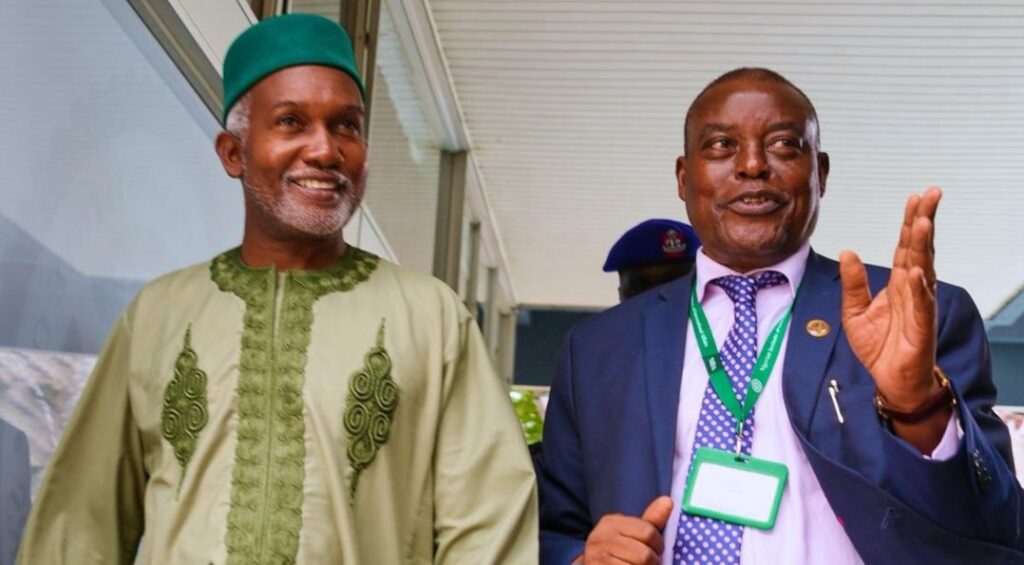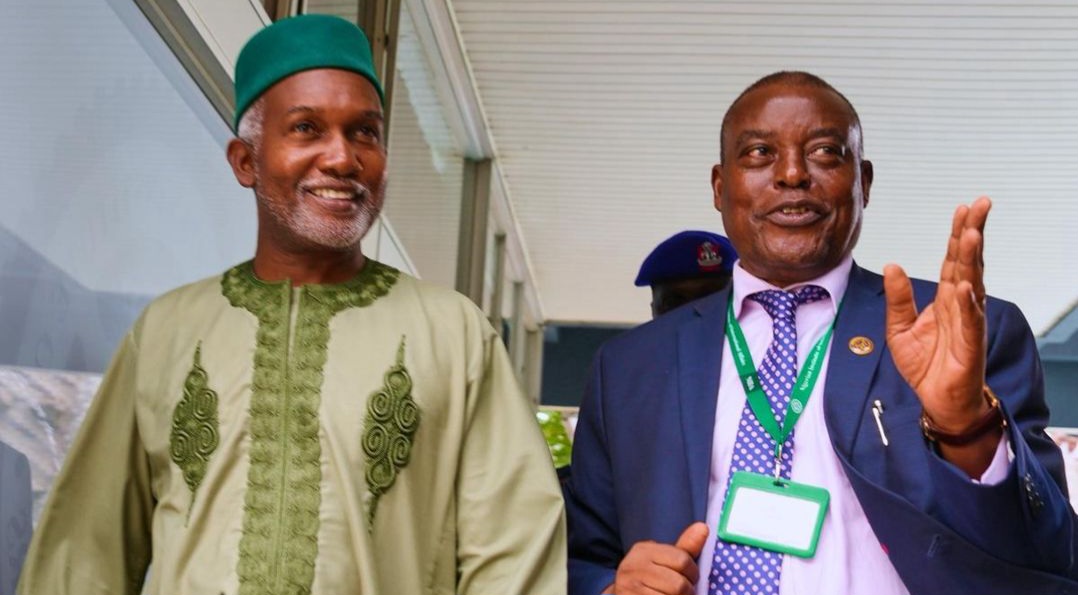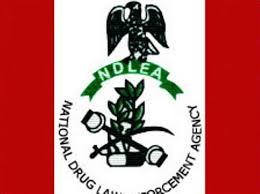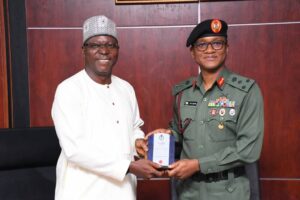
Chidimma Uchegbu -Abuja
Minister of Foreign Affairs, Ambassador Yusuf Maitama Tuggar, has called for a recalibration of Nigeria’s foreign policy to meet the demands of a rapidly changing global order.
He made this call while delivering a guest lecture titled “Navigating Realities: Aligning Nigeria’s Foreign Policy Practice with Emerging Global Dynamics” at the Nigerian Institute of International Affairs (NIIA), Lagos.
Addressing an audience of diplomats, scholars, and policymakers, Ambassador Tuggar commended the NIIA for its six-decade-long role as the country’s intellectual compass on international relations.
He emphasised that the Institute’s research and convening power had been critical in shaping Nigeria’s external engagements since independence.
The Minister reflected on Nigeria’s diplomatic journey, recalling the nation’s prominent role in the liberation of Southern African countries such as Zimbabwe, Namibia, Angola, and Mozambique, as well as its leadership in the global fight against apartheid in South Africa.
He also highlighted Nigeria’s pivotal contributions to peacekeeping operations in Liberia, Sierra Leone, Sudan, and The Gambia, and the country’s leadership in the formation of ECOWAS in 1975.
Speaking on global shifts, Ambassador Tuggar observed that the world is entering a new multipolar order, shaped by climate change, artificial intelligence, terrorism, migration pressures, and widening inequality.
He drew parallels with Nigeria’s Cold War–era experience, when the country pursued non-alignment, the Concert of Medium Powers, and the Concentric Circles strategy to maintain independence amidst superpower rivalries.
On the economic front, he reflected on Africa’s past struggle between the Lagos Plan of Action and the Washington Consensus, stressing that Nigeria must avoid repeating past mistakes of over-reliance on raw material exports and externally imposed policies.
Instead, he said, the Renewed Hope Agenda of President Bola Ahmed Tinubu is anchored on Strategic Autonomy, built on the 4Ds of Foreign Policy: Democracy, Development, Demography, and Diaspora.
According to the Special Assistant on the Media and Communications Strategy to the Minister stated that Ambassador Tuggar clarified that Strategic Autonomy is not duplicity, but pragmatism rooted in Nigeria’s size, resilience, and moral standing. He underscored Africa’s centrality in Nigeria’s diplomacy, citing the African Continental Free Trade Area (AfCFTA) as a major opportunity for integration and growth, alongside cooperative security frameworks like the MNJTF, ECOWAS, and the African Union.
He also highlighted Nigeria’s leadership in strengthening democracy, noting the launch of the Regional Partnership for Democracy (RPD), developed by the MFA in collaboration with the UNDP. The initiative aims to help West African countries consolidate democratic institutions, foster inclusive governance, and create platforms for dialogue, even in the face of disagreements.
The Minister concluded by reaffirming Nigeria’s determination to remain a respected, influential, and self-reliant actor in global affairs—one that builds issue-based partnerships while staying true to its principles of justice, equity, and the advancement of Africa.






Join the Conversation